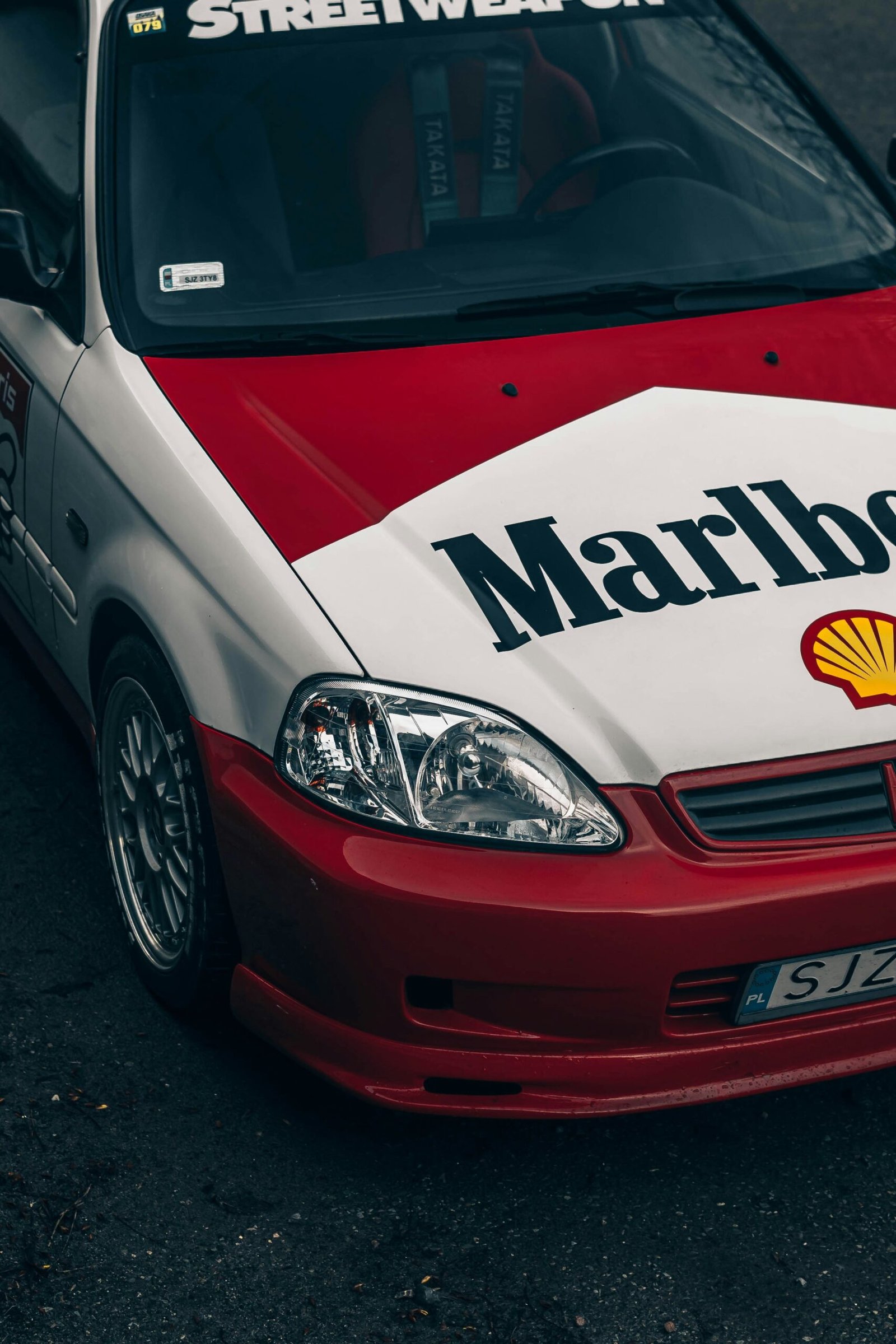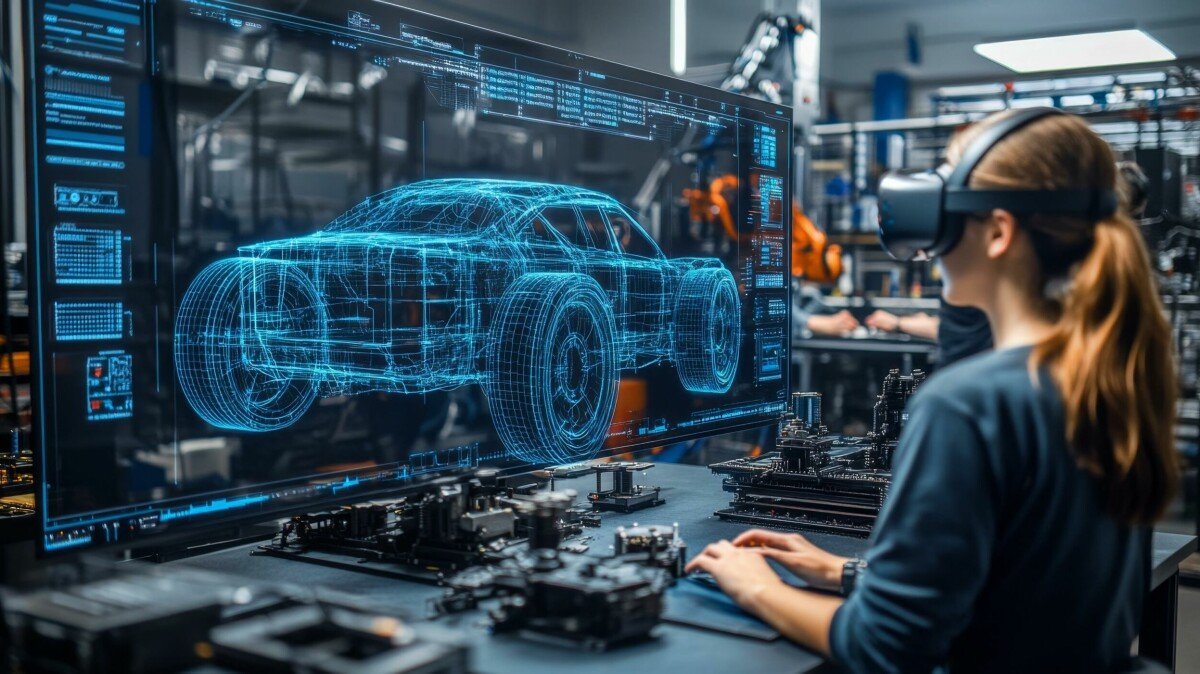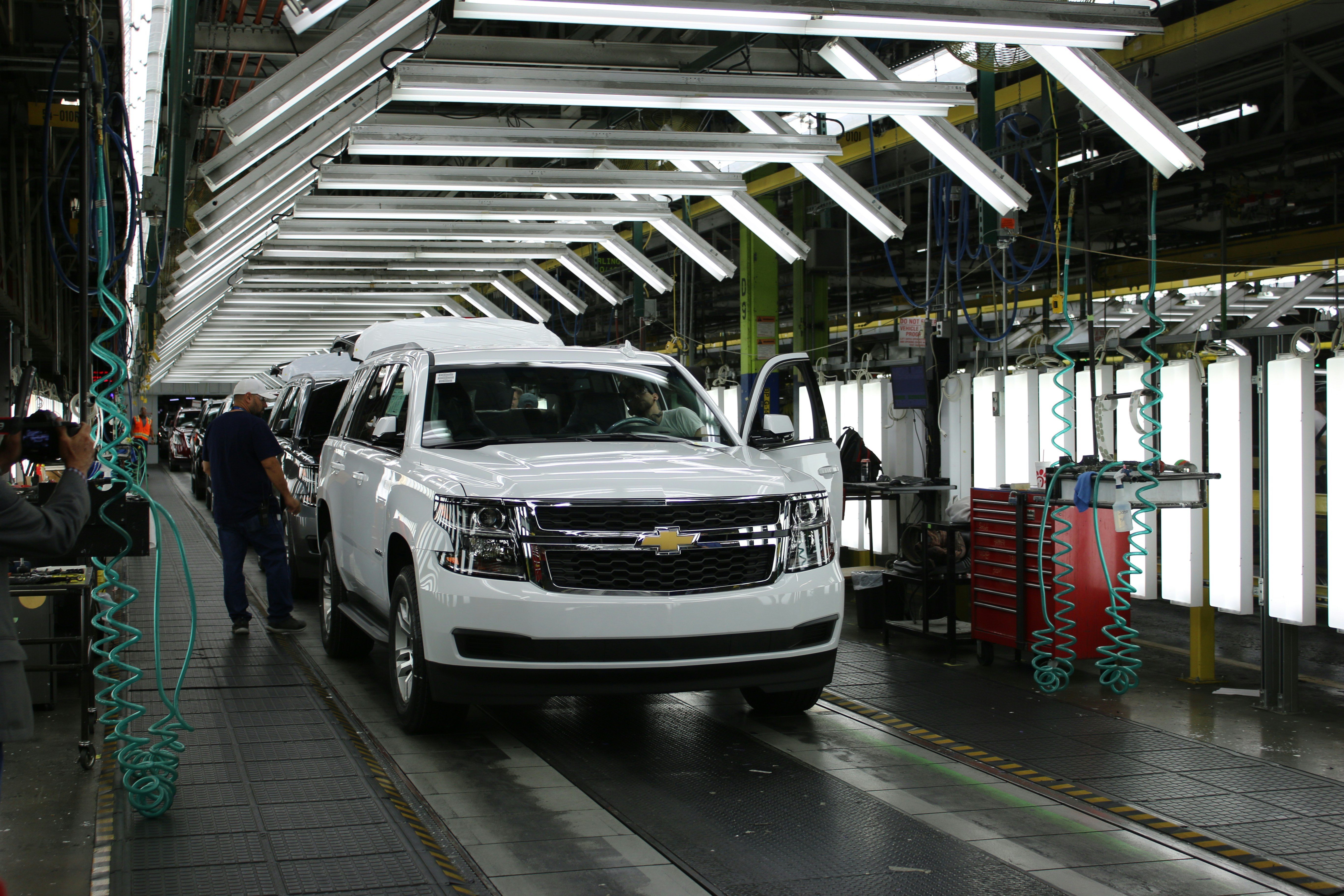Introduction to Vehicle Customization Trends
In recent years, vehicle customization has emerged as a significant trend within the automotive industry, reflecting a shift towards personalized consumer experiences. This evolution can largely be attributed to changing consumer preferences, heightened by advancements in technology and the growing desire for individuality among car owners. As consumers increasingly seek to express their personalities through their vehicles, customization options have expanded, leading to a diverse range of modifications, from aesthetic enhancements to performance upgrades.
The increasing demand for personalized vehicles indicates that consumers are not merely interested in transportation but are also keen on making a statement through their automobile choices. This trend is reinforced by the rise of social media platforms, where consumers showcase their customized vehicles, inspiring others to explore personalization options. As car enthusiasts share their unique designs and modifications online, a communal culture of customization has begun to thrive.
Technological advancements have further propelled this trend, with innovations making customization more accessible than ever before. From online configurators offered by manufacturers to the availability of specialized aftermarket parts, consumers are now equipped with the tools to tailor their vehicles to their specific tastes. In addition, the rise of 3D printing technology has paved the way for unique bespoke modifications, allowing for individual designs that were previously infeasible.
The importance of vehicle customization in the automotive market cannot be overstated. As this sector continues to grow, consumer insights gathered from recent surveys highlight the factors influencing personal preferences, such as design, functionality, and emotional attachment to vehicles. The following sections of this blog post will delve deeper into these consumer trends, utilizing survey data to illustrate the evolving landscape of vehicle customization today.
Key Findings from the Consumer Customization Survey
The recent Consumer Customization Survey provides a comprehensive view of the current trends influencing vehicle customization. Demographic insights reveal notable differences in preferences among various age groups, particularly millennials and baby boomers. Millennials, characterized by their affinity for technology and social media, show a stronger inclination toward personalization options that emphasize style and individuality. In contrast, baby boomers tend to prioritize functionality and comfort, often opting for performance-related upgrades and practical modifications.
One of the most striking findings from the survey is the overwhelming popularity of color customization. Approximately 40% of respondents indicated that they would consider changing the color of their vehicle, with vibrant hues and matte finishes emerging as top choices. This preference reflects a growing trend where consumers desire to make their vehicles an extension of their personality. Additionally, interior upgrades, such as enhanced seating, dashboards, and ambient lighting, rank highly among customization options. Nearly 35% of participants expressed interest in upgrading their interiors to improve comfort and aesthetics.
Furthermore, the impact of social media cannot be overlooked. Nearly 60% of respondents admitted that platforms like Instagram and TikTok heavily influenced their customization decisions. Exposure to trending customization styles and peer endorsements fosters a culture of sharing and inspires consumers to pursue bold modifications. The survey also highlights the importance of aftermarket parts, revealing that 50% of participants have considered integrating such components into their vehicles. These parts not only enhance performance but also offer additional opportunities for personalization.
Through this survey, it is clear that consumer preferences for vehicle customization are evolving, driven by diverse factors, from age demographics to social media trends. Understanding these key insights can benefit manufacturers and retailers looking to cater to the nuanced desires of today’s consumers.
Innovative Customization Options and Technologies
In recent years, the vehicle customization landscape has undergone a significant transformation, thanks to advances in automotive technology that have broadened the possibilities for personalization. One of the most notable innovations in this domain is the advent of 3D printing, which allows consumers to create unique parts and accessories tailored specifically to their preferences. This technology not only facilitates the creation of bespoke components but also enables rapid prototyping, granting consumers the ability to visualize and implement changes quickly and efficiently.
Moreover, automation has played a pivotal role in enhancing the customization process. Automated manufacturing techniques streamline the production of custom parts, ensuring consistent quality while reducing lead times. These innovations empower both consumers and automotive professionals to experiment with design changes without excessive costs or labor, thus fostering a more collaborative environment for vehicle personalization. Additionally, innovations like robotics are progressively utilized in workshops dedicated to vehicle customization, further enhancing efficiency and precision.
Artificial Intelligence (AI) has also made significant strides in this sector, enabling more tailored experiences during the customization process. AI algorithms can analyze consumer preferences and suggest modifications that align with individual tastes and needs, optimizing the path to achieving a personalized vehicle. Furthermore, the integration of virtual reality (VR) technology is revolutionizing how consumers engage with the customization experience. VR tools allow potential buyers to visualize their customizations in a virtual setting before committing financially. This immersive experience not only enhances satisfaction but also reduces the likelihood of buyer’s remorse by ensuring that the final product aligns with user expectations.
Online platforms that facilitate the purchase and installation of aftermarket parts have gained immense popularity, reflecting the growing demand for consumer-centric customization services. These platforms typically offer a range of options, from aesthetic enhancements to performance upgrades, allowing users to curate their vehicles with ease. With these innovative technologies and services at consumers’ fingertips, the future of vehicle customization looks promising, marked by increased accessibility and personalization.
Future Projections for Vehicle Customization
The landscape of vehicle customization is anticipated to undergo significant transformations in the upcoming years, driven largely by evolving consumer expectations and technological advancements. A growing awareness around sustainability is increasingly influencing consumer preferences, prompting a demand for eco-friendly customization practices. As consumers become more environmentally conscious, the aftermarket industry may witness a surge in demand for parts and accessories that utilize sustainable materials or renewable resources. This shift will likely encourage manufacturers to innovate and provide greener alternatives, ultimately reshaping the customization market.
Furthermore, the rise of electric vehicles (EVs) and autonomous vehicles is expected to play a crucial role in the customization sector. As more consumers transition to EVs, customization options tailored specifically for electric platforms will likely expand. This could encompass everything from battery-efficient modifications to aesthetic changes that cater to the distinct identity of electric cars. Additionally, with the introduction of autonomous technology, vehicle customization may migrate towards enhancing user experience and personalization, focusing on interior advancements that create a comfortable and interactive environment, rather than traditional external modifications.
The automotive industry is anticipated to closely monitor these trends and evolve accordingly. Manufacturers may increasingly collaborate with tech companies and customization specialists to integrate new technologies and offer tailor-made options for consumers. This collaborative approach could lead to an unprecedented level of personalization, where vehicle owners can curate features based on lifestyle preferences, while simultaneously contributing to eco-friendly practices.
In conclusion, the future of vehicle customization is poised to reflect a more sustainable ethos, influenced strongly by the proliferation of electric and autonomous vehicles. As consumer expectations continue to evolve, the automotive industry will need to adapt, providing innovative and personalized solutions that align with both individual desires and broader environmental goals.










